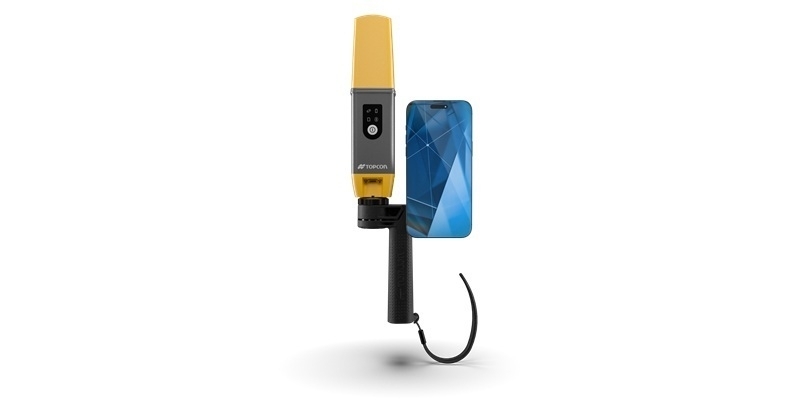Surrey Satellite Technology Ltd (SSTL) celebrated the twin achievements of a successful lift-off of 4 Galileo satellites from Kourou in French Guiana today, and the start of production of a third batch of navigation payloads for the Galileo Constellation. The new contract, signed with long-term partner OHB System AG, is for another 12 navigation payloads – adding to the 18 payloads already in-orbit and completing the constellation.
Jo Johnston, Minister for Science and Education said “The successful launch of the latest Galileo satellites demonstrates the UK’s valuable contribution to Europe’s global navigation satellite system. The team at SSTL should be proud of their work, which is held in high regard around the world.”
“Our recently published Industrial Strategy set out a clear vision for the UK to become the world’s most innovative nation and underlines our commitment to work with industry to capture 10% of the global space market by 2030.”
Gary Lay, SSTL’s Director of Navigation, was at the launch site in Kourou to witness the event and commented “I am delighted to be here to see the latest launch of Galileo satellites and I am extremely proud of the Galileo team at SSTL for producing world-class navigational payloads that will improve the accuracy of location services for people all around the world.”
As with the previous Galileo contracts, SSTL in its capacity as payload provider is responsible for the design, construction and test of the navigation payload panels which are based on European-sourced atomic clocks, navigation signal generators and high power travelling wave tube amplifiers. In addition, SSTL manufactures the electrical harnesses and electronics to interface the payload to the satellite platforms and provides in-orbit verification support.
SSTL was selected to supply the navigational payloads for the first 14 Galileo Full Operational Capability satellites, in partnership with prime contractor OHB System AG of Germany, in January 2010. In 2012, the OHB-SSTL partnership was awarded a second contract to supply a further 8 spacecraft for the programme and earlier this year the Batch 3 contract was again awarded to the OHB-SSTL partnership.
To mark the occasion SSTL staff in Guildford gathered for a slice of celebratory cake, a long-standing tradition at SSTL where cakes have fuelled many previous test campaigns and 50 previous mission launches.
Key facts:
- Galileo satellites weigh approximately 750kg each.
- Operational Galileo satellites launches began in 2011 with system completion scheduled for 2020.
- With today’s launch, there are now 22 Galileo satellites in orbit; 18 of these have been supplied by the OHB-SSTL partnership.
- Initial Galileo services went live on 15 December 2016.
- The fully deployed Galileo system will consist of 24 operational satellites plus in-orbit spares, positioned in three circular Medium Earth Orbit (MEO) planes at 23 222 km altitude above the Earth, and at an inclination of the orbital planes of 56 degrees to the equator.
The Full Operational Capability phase of the Galileo programme is managed and fully funded by the European Union. The Commission and ESA have signed a delegation agreement by which ESA acts as design and procurement agent on behalf of the Commission. The views expressed in this Press Release can in no way be taken to reflect the opinion of the European Union and/or ESA. “Galileo” is a trademark subject to OHIM application number 002742237 by EU and ESA.
Subscribe to our newsletter
Stay updated on the latest technology, innovation product arrivals and exciting offers to your inbox.
Newsletter

